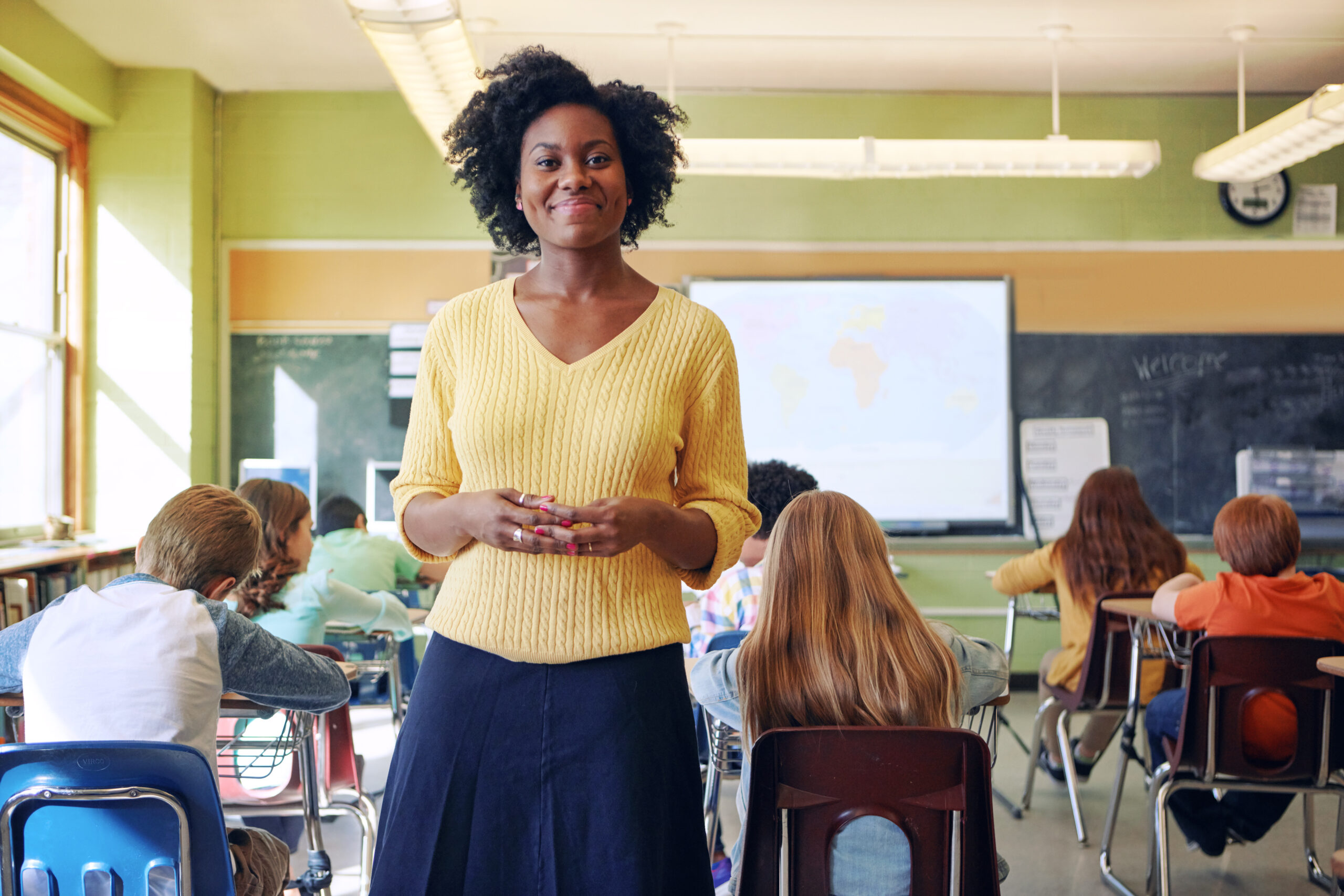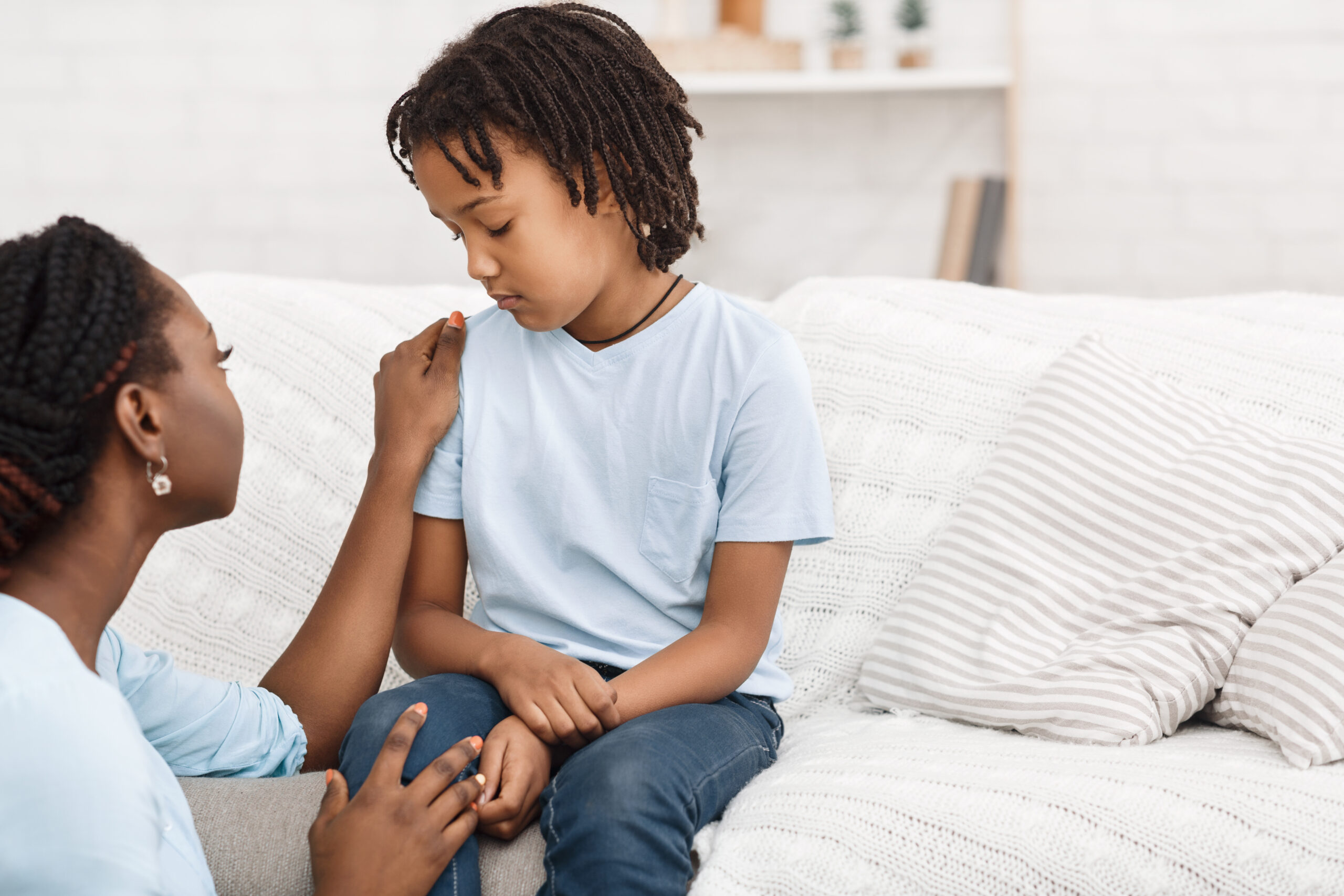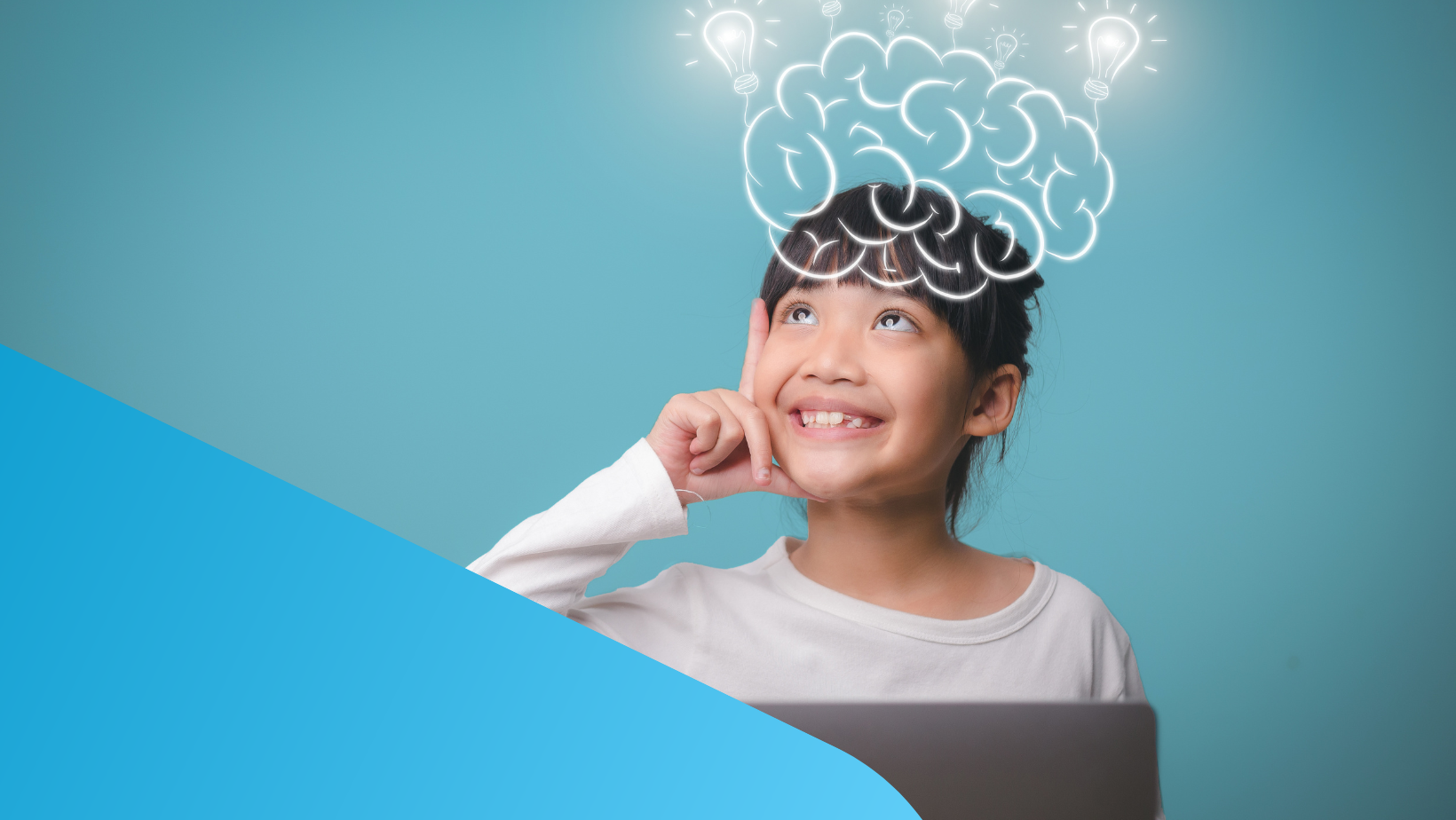-

Teaching boundary setting and repair conversations
As educators, we teach so much more than algebra and spelling to our students. Crucial life skills, such as self-regulation, repairing harm, and setting healthy boundaries to prevent harm, are just a few of the life lessons we can provide for our students. Teaching the importance of boundaries, how to communicate your needs, and how…
-

Relationship Tools You Can Use to Repair Mistakes and Maintain Connection with Your Child
Conflict is an inevitable part of life, and we often are not taught how to repair harm once it occurs, especially not with our children. It is vital for parents and caregivers to remain in healthy connection with their child after conflict occurs, and to model what an effective repair conversation looks like. This not…
-
Tips and Tools
-

Create an Inclusive Classroom Community by Learning Neurodiversity and Brain Science
March includes both Neurodiversity Celebration Week and Brain Science Awareness Week. Helping students learn about neurodiversity and brain science helps to create an inclusive classroom community while building empathy and self-awareness. Here are a few ways you and your students can explore brain science and neurodiversity. Learn About Neurodiversity According to this Harvard Medical School…
-
How Learning Brain Science is Helpful for Parents, Caregivers, and Kids
Brain science is not just for neuroscientists! How can it help parents and caregivers? Educating yourself and your kids about brain science helps deepen your understanding of behavior and emotions. Everything—from the way humans learn, to the way we engage with each other, to our capacity for thinking, feeling, learning, and problem-solving — all functions…
-
Ideas for Teaching Self-Advocacy and Contribution in the Classroom
We believe fighting anti-blackness and speaking out against oppression of all forms deeply matters to the health of our communities and classrooms. As educators, we can create opportunities for young people to reflect on injustices, advocate for themselves, and contribute to their community for a more just world. Meaningful contributions not only help our community,…
-
Honor Legacies by Teaching Children to Take Action & Make Contributions
Honoring Dr. Martin Luther King Jr.’s legacy is deeper than his famous quotes and speeches. This year, we are honoring his legacy through action. King believed that all people should be able to belong and contribute meaningfully within their communities, and that anti-blackness and oppression prohibit community care. In our individualistic world, it’s vital to…
-
Self-regulation and Co-regulation are the Keys to More Peace and Fewer Power Struggles
Imagine you are on your way out the door and your 5-year-old is crying on the floor, your 8-year-old is yelling at them to stop crying, and you’re trying to talk over both of them to get them into the car. If this sounds familiar, keep reading! Almost every parent has experienced some rendition of…
-
Self-Regulation for Educators, Co-Regulation for Students
The negative impact that COVID-19 had on our nervous systems, both as educators and students, is palpable. National data such as this report from the National Center for Education Statistics and lived experiences of educators show the pandemic has negatively impacted student behavior and social-emotional development, and teacher burnout and turnover is at an all-time…
-
Showing Up for Trans Kids Creates Equitable and Inclusive Communities for All Kids – Ideas and Resources for Parents and Caregivers
Whether you have a trans child in your own family or want to support trans kids in your community, we must first educate ourselves and work through our own biases. If you’re parenting or in community with a trans child, your support could be a protective buffer for their mental health and development. If you’ve…
